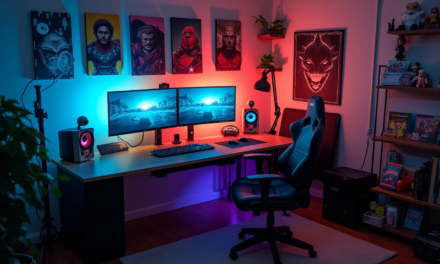
A History Of iGaming In The Southern Hemisphere

Despite accounting for half the world, the southern hemisphere is often overlooked. It is often assumed this is because most of the land mass is in the upper half of the globe. After all, 87% of the world’s population resides north of the Equator. Moreover, four of the five major oceans are there too. In addition, five of the seven continents fall partly or wholly in the northern corners of the world. Finally, the major global powers of the USA, China and the EU are in the north.
A glance at a globe reveals vast quantities of sea in the southern hemisphere. However, despite that, there is plenty of land too. Almost all South America is here, as is sub-Saharan Africa, Australia and New Zealand. The vast Pacific Ocean turns the bottom of the globe blue, and strings of small islands are threaded through the vast expanse.
Giving a history of igaming across half the world is a pretty enormous task. South America alone has seven independent countries in the Southern Hemisphere (although Brazil also has land above the Equator), and Africa fourteen. In total, there are thirty-two of the world’s countries here, so the best we can do is a whistle stop tour.
South America
Across large parts of Latin America, internet access has held iGaming back. However, increased access to smartphones means that millions more people can now access the web through 4 and 5G networks. As a result, at the end of 2021, there were 422 million players registered to play across South America.
However, gambling is prohibited in the subcontinent’s most populated country, Brazil. The pastime was banned in 1941, and the country’s only legal form of gambling is the state lottery. Argentina, on the other hand, has a regulated market. The industry generates over $2 billion a year. It is a valuable source of income for the Government, and during the financial crisis of 2020, federal tax rates on online gambling increased from two to five percent.
New Zealand
Gambling is popular in New Zealand. Kiwis have always been fond of the pokies, horse racing and lotteries. The first casino opened in Christchurch in 1994, and the first pokies arrived in the late 1980s in hotel lobbies and bars. Online casinos do not operate locally, but there are plenty of offshore sites to choose from. A list of the best ones can be found on Time2Play – an independent, professional review site. Gamblers in the country can bet on a wide selection of online games, from pokies to table and live dealer games. More recently, mobile casinos have offered even more choices.
Australia
Australia has a slightly complicated history with iGaming. The Interactive Gambling Act 2001 makes it illegal for anyone to operate Australian-based online casinos. It also states that it is unlawful for offshore casinos to allow Australian customers to play. However, the legislation is weak and is not enforced. Therefore, Australians play at offshore online casinos without any consequence. In addition, the IGA does not say it is illegal for Australians to play at or access offshore sites. Therefore there are no issues depositing or withdrawing money, and online casinos are popular with Australians.
Indonesia
Gambling is illegal in Indonesia, and repeat offenders can face up to six years in prison. In addition, the Government continues to block online gambling sites, and over half a million gambling accounts have been terminated in the past four years. As a result, players try to get around the law by using VPNs.
South Africa
South Africa outlawed all types of wagering except horse racing in 1965. This did not stop people from gambling (it never does), but it drove it underground. As a result, thousands of illegal casinos popped up across the country.
In 1996 the National Gambling Act was amended, and gambling was legalised and regulated. This included casino gambling and national lotteries. In addition, the National Gambling Board was set up to enforce regulations and ensure gambling sites met specific standards. As a result, opulent casinos and resorts sprung up and offered attractions to locals and tourists alike.
2004 saw further changes to the gambling laws in the country. Sports betting was licensed, and online gambling at casinos was outlawed. Since 2008 The National Gambling Amendment Act has been put forward to legalise online gambling and regulate the sites which operate in the sector. Currently, only land-based local casinos operate legally in the country.
Despite these laws, many offshore international licensed gambling sites are open to South African players. The websites are regulated in other countries allowing players to sign up and play safely.
Northern Hemisphere licences regulate the industry
Ironically, the history of igaming in the Southern Hemisphere is that governments have tried to prevent it, but people have not taken too much notice of the regulations. Most international commercial gambling companies are regulated by countries in the Northern Hemisphere, and no one seems particularly bothered to do anything about it.
Will there be further changes?
Argentina is one of the few countries south of the Equator that has seen the benefit of a regulated market. Not only does it ensure that citizens are protected, but revenues flow into government coffers. At a time of rising costs, revenues from iGaming can help to supplement budgets. It seems other countries are only just waking up to the possibilities



























